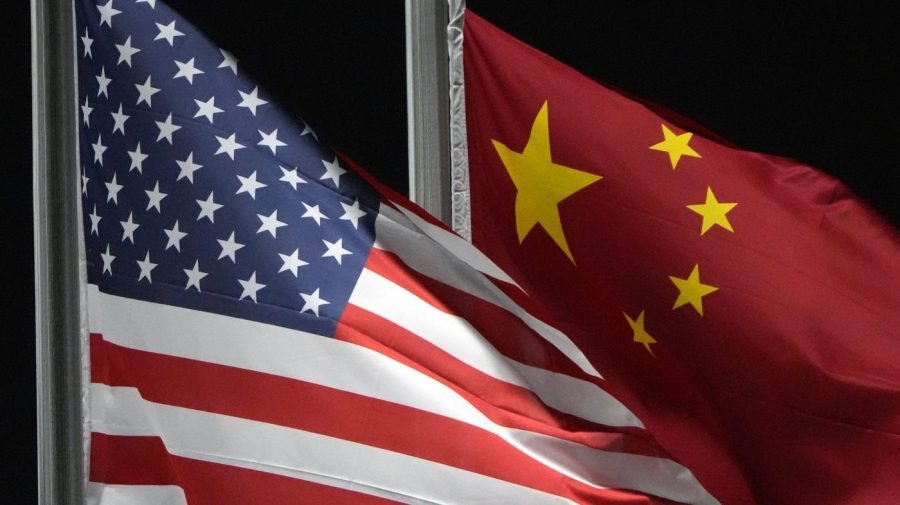Trade relations between Washington and Beijing devolved in the weeks leading up to Thursday’s meeting between President Trump and Chinese President Xi Jinping in South Korea.
China placed new export controls on rare earth minerals, risking U.S. access to materials that are essential for semiconductors, electric vehicles and U.S. F-35 fighter jets.
Trump responded by threatening to place a 100 percent tariff on Chinese imports, jeopardizing tech supply chains heavily reliant on China.
However, the two sides reached an agreement to deescalate Thursday, with the U.S. scaling back tariffs, and China delaying rare earth export controls and resuming some soybean purchases.
Jason Oxman, president and CEO of the Information Technology Industry Council, said in a statement that he welcomed “efforts to address industry concerns on rare earth mineral export controls and global security.”
“Today’s meeting is a strong sign of deescalation, and we hope the two sides can build on this momentum,” he said.
“Global economic growth and stability benefit from positive U.S-China relations, and it’s critical that leaders on both sides keep the communication channels open,” Oxman added.
Gary Shapiro, CEO and vice chair of the Consumer Technology Association, congratulated Trump on the “landmark deal that heads off damaging tariff escalation.”
“This deal helps to right the U.S.-China economic ship, providing a foundation for continued trade negotiations and steering the world towards renewed growth and stability,” Shapiro wrote in a post on the social platform X.
He underscored that tariffs can drive up costs across global supply chains for products like smartphones, laptops, tablets and video game consoles.
The tech industry issued similar warnings earlier this year, when Trump raised tariffs on Chinese imports to 145 percent and Xi levied a 125 percent import tax on American goods, before later agreeing to walk them back.
